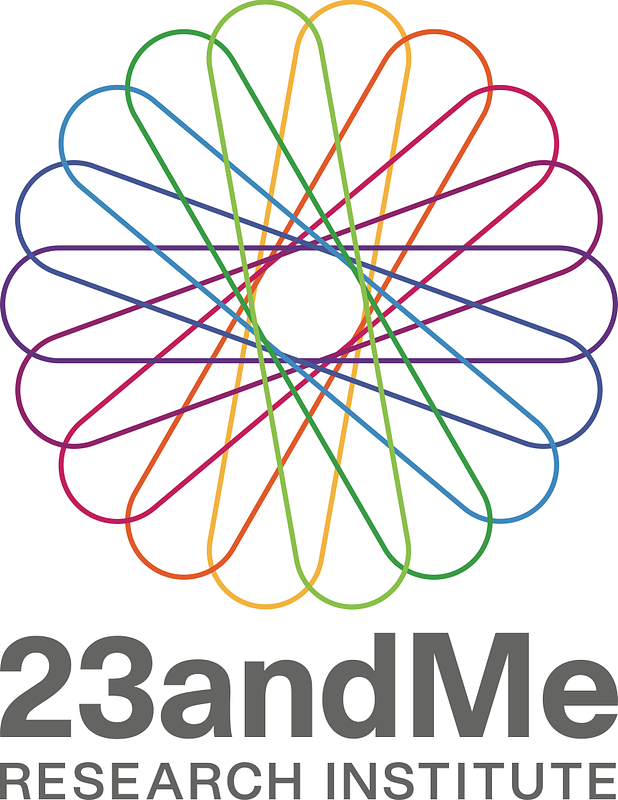
23andMe's Bold Pivot: Can Non-Profit Model Unlock Genetic Research's Potential?
23andMe’s shift to a non-profit, spearheaded by new CFO Kael Reicin, is a gamble on the future of genetic research. But can this crowdsourced model overcome funding and ethical hurdles?
23andMe’s Bold Pivot: Can Non-Profit Model Unlock Genetic Research's Potential?
Palo Alto, CA – November 7, 2025 – 23andMe Research Institute’s appointment of Kael Reicin as Chief Financial Officer signals more than just a change in leadership; it represents a fundamental shift in how genetic research might be funded and conducted. As the company transitions from a direct-to-consumer genetic testing firm to a non-profit research organization, Reicin’s expertise in navigating the complexities of mission-driven finance will be crucial. But the move isn't without risks, raising questions about sustainability, data privacy, and the potential disruption of a competitive market.
A New Model for Genetic Discovery
For years, 23andMe built its brand on offering affordable genetic ancestry and health reports. However, increasing regulatory scrutiny, coupled with the high costs of turning raw data into actionable insights, led the company to explore alternative funding models. The pivot to a non-profit aims to unlock the full potential of the vast genetic database accumulated over years – a treasure trove of information that could revolutionize disease prevention, personalized medicine, and our understanding of the human genome.
“The for-profit model was reaching its limitations,” explains a source close to the company. “To truly accelerate research, we needed to prioritize scientific advancement over shareholder returns. The non-profit structure allows us to attract philanthropic funding and focus on long-term, impactful projects.”
Reicin, formerly CFO of the American Cancer Society, brings a proven track record of financial stewardship and strategic planning. His experience managing large-scale budgets, securing grants, and navigating the complex landscape of non-profit finance will be invaluable as 23andMe embarks on this new chapter.
The Challenges Ahead
However, transitioning to a non-profit model isn’t a simple fix. Maintaining financial sustainability will be a constant challenge. Relying on donations, grants, and philanthropic funding requires consistent fundraising efforts and a compelling narrative to attract support. The competitive landscape for research funding is fierce, and 23andMe will need to demonstrate its unique value proposition to secure the necessary resources.
“The biggest hurdle will be convincing donors and grant-making organizations that 23andMe is a credible and trustworthy research institution,” says an industry analyst familiar with the company’s strategy. “They’ve spent years building a brand as a consumer genetics company. Shifting that perception will take time and effort.”
Furthermore, the reliance on crowdsourced genetic data raises ethical concerns. Protecting the privacy and security of sensitive genetic information is paramount, and 23andMe will need to implement robust data governance policies to safeguard against breaches and misuse. Transparency and informed consent will also be crucial to maintain public trust.
The Data Advantage
Despite the challenges, 23andMe possesses a significant advantage: its massive genetic database. With over 12 million customers, the company has amassed one of the largest and most diverse genetic datasets in the world. This wealth of information holds immense potential for identifying genetic markers associated with disease, developing personalized treatments, and advancing our understanding of human biology.
“The scale of their dataset is truly remarkable,” says a researcher specializing in genomic medicine. “It allows them to conduct studies that would be impossible for most other institutions. But unlocking that potential requires sophisticated analytical tools and a deep understanding of genetic principles.”
23andMe is already collaborating with research institutions and pharmaceutical companies to leverage its dataset for various projects, including drug discovery, disease risk prediction, and clinical trial recruitment. These partnerships will be crucial for generating revenue and demonstrating the value of the company’s research.
A Disruption to the Market?
23andMe’s shift to a non-profit model could also disrupt the competitive landscape of the genetic testing market. While competitors like AncestryDNA and MyHeritage continue to focus on direct-to-consumer testing, 23andMe is positioning itself as a leader in genetic research. This divergence in strategy could create new opportunities and challenges for all players in the industry.
“It's a bold move that could pay off big time,” says an industry analyst. “But it also carries significant risk. If 23andMe can successfully navigate the challenges ahead, it could set a new standard for how genetic research is funded and conducted. But if it fails, it could be a cautionary tale for other companies considering a similar path.”
The appointment of Kael Reicin is a critical step in this journey. His expertise in navigating the complexities of non-profit finance, coupled with 23andMe’s vast genetic dataset, positions the company to make a significant impact on the future of genetic research. However, success will depend on the company's ability to secure sustainable funding, protect data privacy, and demonstrate the value of its research to the scientific community and the public. The next few years will be crucial in determining whether 23andMe’s bold pivot will unlock the full potential of genetic research or become a cautionary tale in a rapidly evolving field.
Looking Ahead
23andMe's transition is a fascinating experiment in scientific funding. The move sparks a debate about the best model for funding genetic research. Some suggest that the non-profit approach could set a precedent for other companies. Others remain skeptical, pointing to the financial challenges inherent in relying on donations and grants. Regardless of the outcome, 23andMe's move will undoubtedly shape the future of genetic research and the broader landscape of healthcare innovation.
